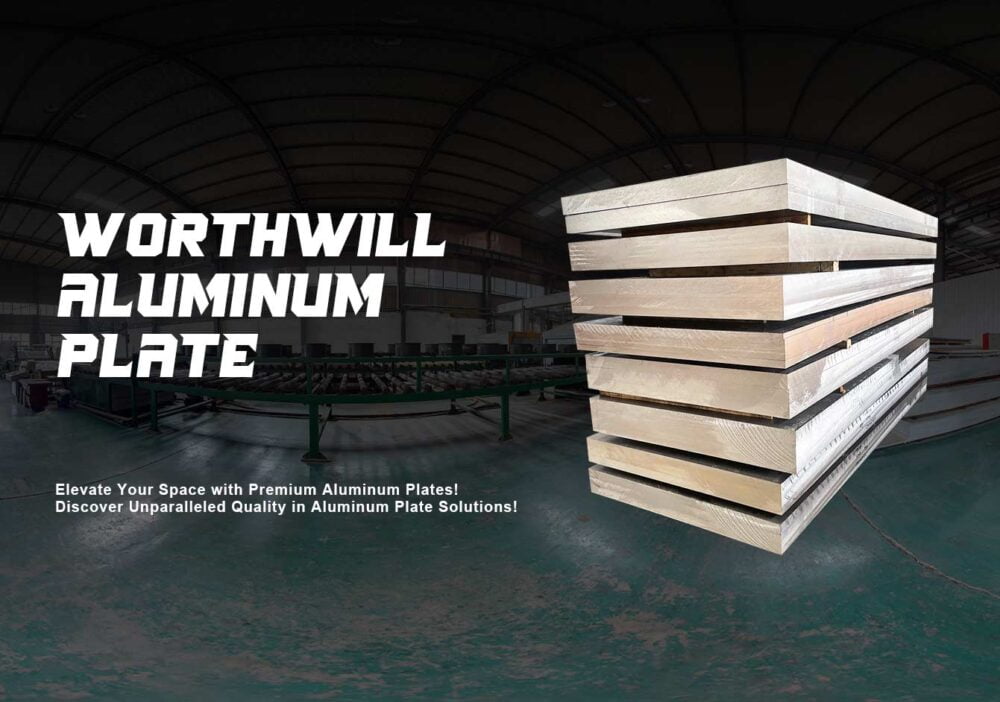The Advantages of Aluminum Plates in Industrial Applications
Advantages of aluminum plates
Aluminum plates are a versatile and durable material that is used in a wide range of industrial applications. They offer a number of advantages over other materials, such as steel and plastic, including:
- Strength: Aluminum is a strong material with a high strength-to-weight ratio. This makes it ideal for applications where weight is a concern, such as in aerospace and transportation.
- Lightweight: Aluminum is a lightweight material with a density of only 2.7 grams per cubic centimeter. This makes it easier to transport and handle than heavier materials, such as steel.
- Corrosion resistance: Aluminum is a naturally corrosion-resistant material. This makes it ideal for applications where the material will be exposed to harsh environments, such as in marine and chemical applications.
- Recyclability: Aluminum is a recyclable material that can be melted down and reused. This makes it a sustainable choice for industrial applications.


Aluminum Plate Applications
Aluminum plates are used in a wide range of industrial applications, including:
- Aerospace: Aluminum plates are used in the construction of aircraft, spacecraft, and missiles. They are used for a variety of purposes, such as the skin of the aircraft, the structure of the fuselage, and the landing gear.
- Transportation: Aluminum plates are used in the construction of automobiles, trucks, buses, and trains. They are used for a variety of purposes, such as the body of the vehicle, the frame, and the engine.
- Construction: Aluminum plates are used in the construction of buildings, bridges, and other structures. They are used for a variety of purposes, such as the exterior cladding, the interior walls, and the roofing.
- Manufacturing: Aluminum plates are used in the manufacturing of a variety of products, such as appliances, electronics, and furniture. They are used for a variety of purposes, such as the housing of the product, the components of the product, and the decorative elements of the product.
- Packaging: Aluminum plates are used in the packaging of a variety of products, such as food, beverages, and electronics. They are used for a variety of purposes, such as the cans, the bottles, and the trays.


Aluminum plates are a versatile and durable material that offers a number of advantages over other materials. They are used in a wide range of industrial applications, and they are a sustainable choice for businesses that are looking for a cost-effective and environmentally friendly material.
In addition to the advantages discussed above, aluminum plates also offer a number of other benefits, such as:
- Excellent electrical conductivity: Aluminum is an excellent conductor of electricity, making it a good choice for applications where electrical conductivity is important, such as in electrical wiring and electronics.
- Excellent thermal conductivity: Aluminum is an excellent conductor of heat, making it a good choice for applications where heat dissipation is important, such as in heat sinks and radiators.
- Non-magnetic: Aluminum is a non-magnetic material, making it a good choice for applications where magnetism is a concern, such as in electronic devices and medical equipment.
Aluminum plates are a versatile and durable material that offers a number of advantages over other materials. They are a good choice for businesses that are looking for a cost-effective and environmentally friendly material that can be used in a wide range of industrial applications.

